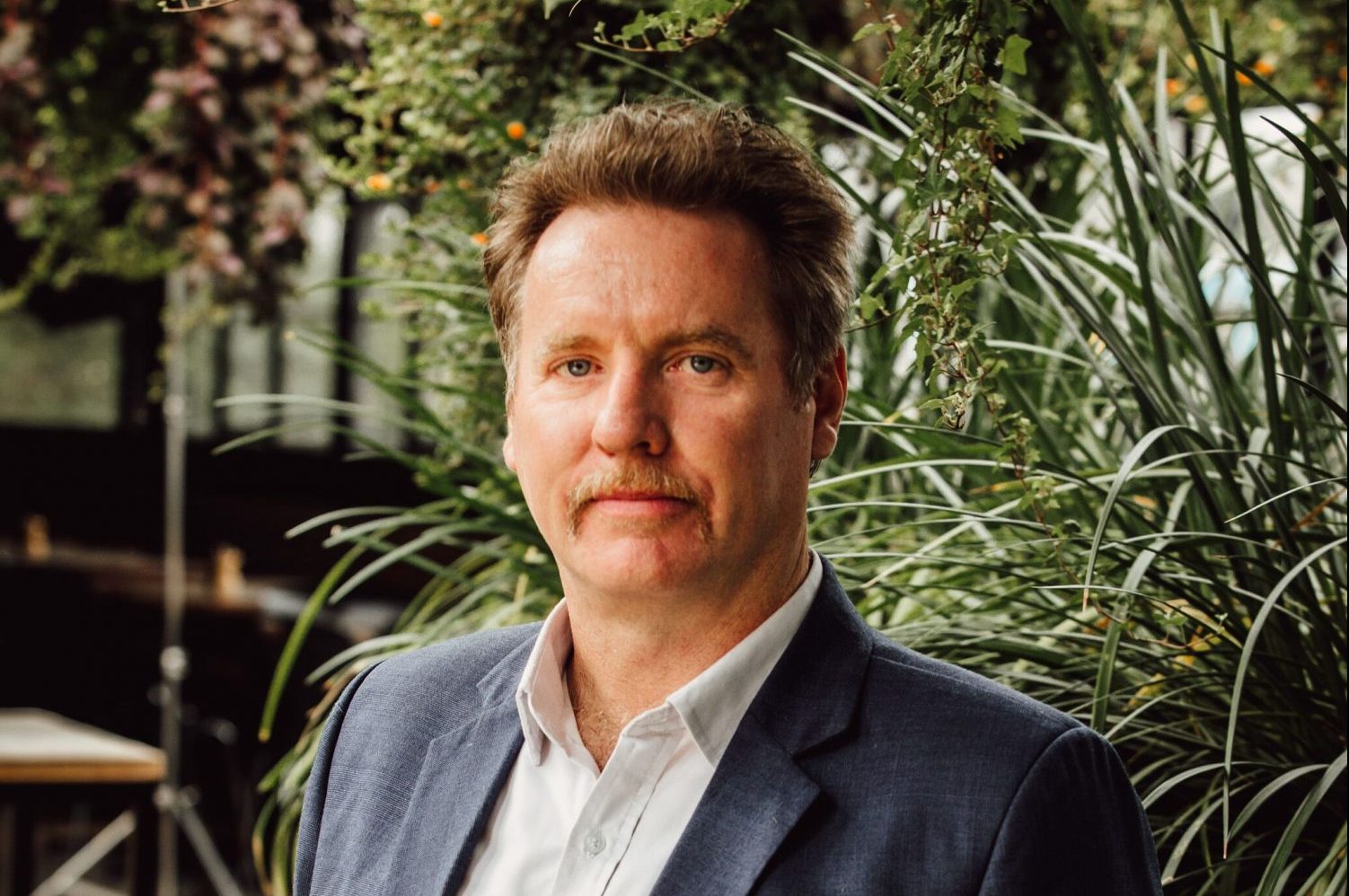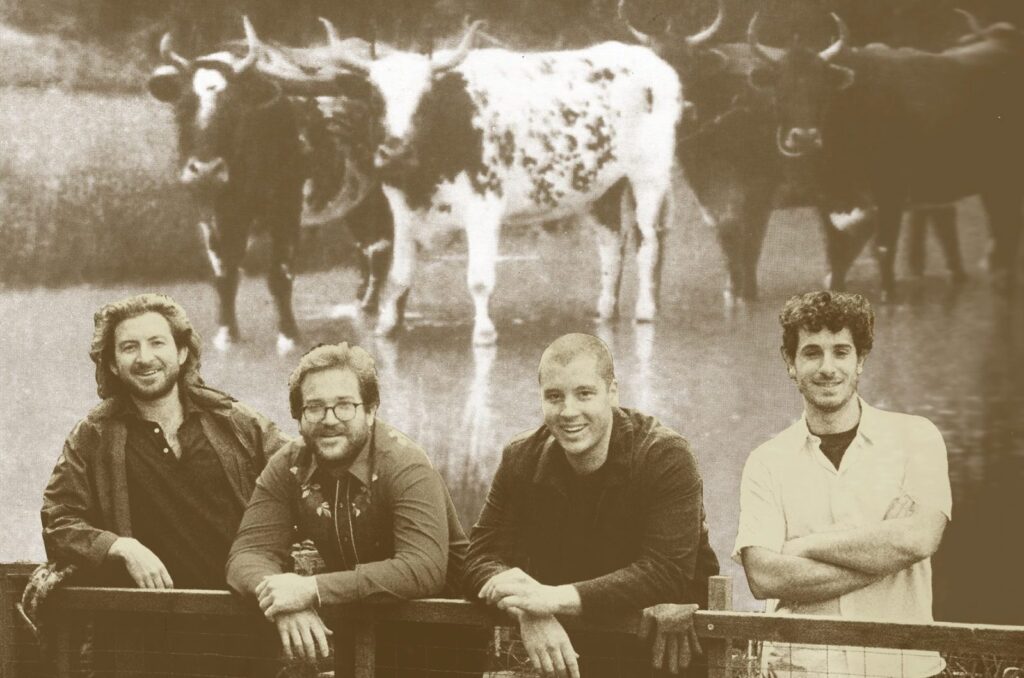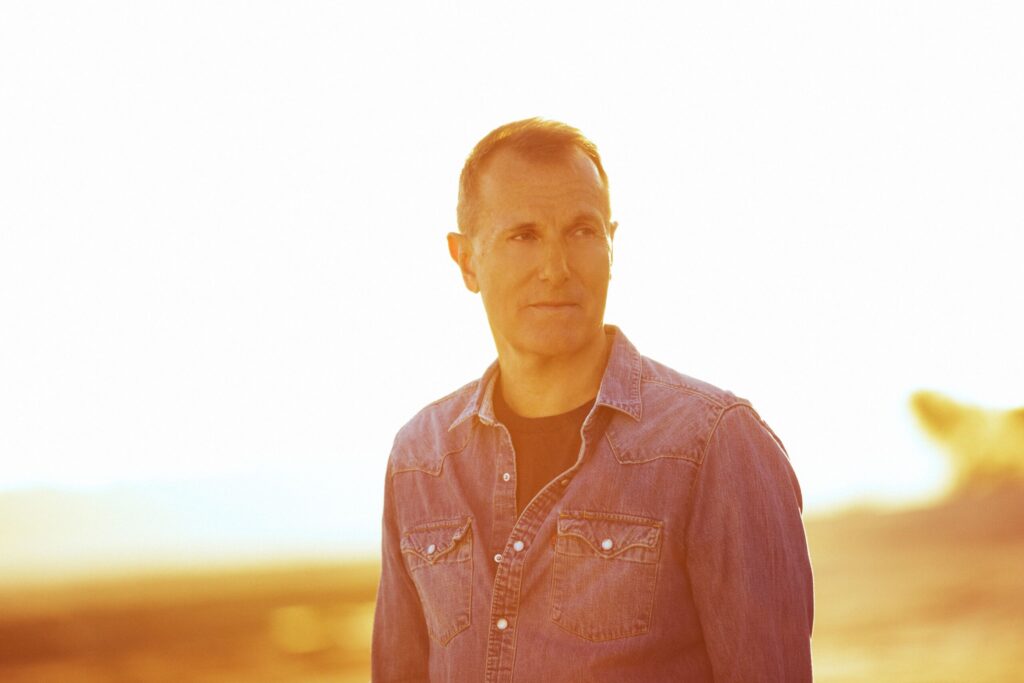This is not easy reading.
“Every facet of the industry’s haemorrhaging. I need a music hospital.”
These are the words of Music Victoria CEO Patrick Donovan. Take them as a warning: if you came here for blue sky and sunshine, you’re going to be disappointed.
The global music industry is in utter disarray. A lack of substantive communications from government meant we were all pretty nonchalant about the coronavirus until early March. Then the warnings became more urgent – Italy closed all schools and universities, flights in and out of Australia started getting cancelled, toilet paper was inciting suburban barbarism.
But even then we kept our heads down and figured it’d all blow over. Should we reconsider attending music festivals with 10,000+ people? We shrugged; what’s the danger? Pixies cancelled their Australian tour dates. Still, there was no reaction.
But then it all came crashing down. The Federal Government announced a ban on gatherings of more than 500 people. Anyone entering the country was now legally required to self-isolate for 14 days. Every existing tour or music festival in Australia was cancelled. A couple of days later, the mass gatherings ban was reduced to 100 people, which ruled out most local gigs.
The Australian music industry had already reported over $200m in lost revenue at the time of writing. So, is it as catastrophic as it sounds?
“We’re just trying to work out how we can best use our resources for the greatest good,” says Donovan. Music Victoria is the state’s peak body for contemporary music. It represents not just performers and songwriters, but also venues, music businesses and professionals and you, the music lovers of Victoria.
“The realistic outlook is that most venues are shut or will be shutting,” Donovan says. “Whether it’s three months or six months, no one can tell. Some venues are staying open and following health regulations, but I imagine that they’ll probably cut it down to gatherings of ten.”
It sounds cruel, unfair, and most of all boring, but it’s a reality we have to accept. But while the cancellations and closures are causing unprecedented damage, a nationally co-ordinated campaign is being devised to avoid total calamity.
“The first thing that we had to do was actually prove that our industry’s one of the worst affected and use that to lobby government,” says Donovan. “We’ve pitched pretty hard for some relief and some support that’s tailored towards music.
“We’re arguing that the music industry is one of the highest impacted industries alongside airlines – and they’ve just been bailed out – and also the tourism industry.”
So far the public discussion has primarily focused on the loss of income for musicians, gig workers and promoters of major events and tours. On a local level, however, the threat to smaller and mid-size music venues is genuinely unnerving.
“I’ll be writing to the government seeking support for the small venues and to ensure that we don’t lose them, because once they go under we’re not going to get them back in a hurry,” Donovan says. “I mean, we’re the live music capital of the world, it should be one of the first things that the Victorian government’s protecting.”
Donovan is especially determined to protect venue and building owners from opportunistic developers.
“Developers have had their eye on some of these key sites for a number of years,” he says. “[I’ll be] asking for a number of levels of support and one is to get the message to the planning minister that we need to protect these business owners and building owners.”
Liquor licensing is another key issue. Annual license renewal fees can be as much as $20,000 depending on venue size and trading hours.
“We’ll be lobbying liquor licensing to suspend liquor licensing fees and allow suspension in liquor licensing trading. Because if you don’t pay your fees and give up your liquor license then it’s very hard to get them back.”
Along with reaching out to the arts, planning and licensing departments, Music Victoria are rolling out a public campaign to let the music public know that the industry’s income has gone from 100% to 0 in the space of a week.
“If anyone is able to continue to support the music industry, whether it’s financial or moral support, [you should] really get behind them at the moment,” says Donovan.
The simplest way to show support is by continuing to stream and buy music and merch from Australian artists, but there are other ways to help out.
“If [punters] have shows cancelled, we’re encouraging them to donate their fees to the venue or to support Support Act, which is the main charity that we’re encouraging people to donate to.”
You can also make a direct donation to Support Act. “The Support Act funds will support individuals and musicians and sole traders, whereas the stimulus package and government really need to come in and help the venues and the larger businesses.”
And the good news?
“There is $22m dedicated towards live music grants from the Federal Government that’s ready to be rolled out by July 1 and we’ve asked for those to be fast-tracked and [provide] compensation and grants to help venues weather the storm and stay open and ride out the crisis,” Donovan says.
“We just want everyone and every business to survive for the next six months and it’ll all be about the recovery. There’s going to be huge demand for live gigs after we get through this and there’ll be a lot of amazing music written.”
If you are in a position where you can support the cause, the best place to focus your efforts is via Support Act. You can make a donation via the charity’s website.
If you work within the music industry and are affected by the crisis, you can record your losses via I Lost My Gig, an initiative created to record the impact of gig cancellations.







